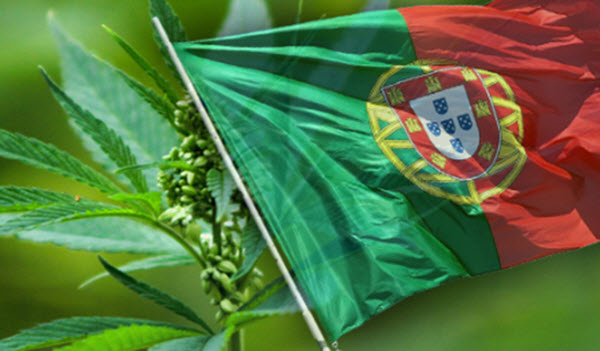Troubled Portugal Bad Example For Drug Advocates in NZ
 Portugal has been painted by pro-cannabis legalisation groups as a model to follow. Yet just last month, the mayor of Porto contradicted his previous pro-harm reduction position and endorsed reintroducing criminal penalties for drug use in public spaces.
Portugal has been painted by pro-cannabis legalisation groups as a model to follow. Yet just last month, the mayor of Porto contradicted his previous pro-harm reduction position and endorsed reintroducing criminal penalties for drug use in public spaces.
The mayor said he was “a little tired of hearing just about the dignity” of people who use drugs, adding that the policy of decriminalisation “simply does not protect the overwhelming majority of the population,” giving as an example the people who, in the most troubled areas of Porto, “cannot go to the window because they are threatened“. He is advocating for the installation of over 100 new video surveillance cameras to monitor public streets in an attempt to clamp down on drug use. “It is necessary to criminalise, nobody is arrested for an offense,” he said.
In addition, some political parties in Portugal are now pushing for the legalisation of marijuana in their country. The Left Bloc (BE) and People-Animals-Nature (PAN) are proposing legalisation of cannabis for recreational use, with two bills tabled to the Portuguese parliament. They say that the effect of decriminalisation has been to increase trafficking and consumption every year and the use of psychoactive substances.
For years, and especially recently, we have heard that Portugal’s decriminalisation is the perfect model of marijuana legislation. Ironically, the referendum in 2020 is about legalisation, not decriminalisation.
But Portugal shows troubling results. The most recent statistics show that between 2012 and 2017 Lifetime Prevalence statistics for alcohol, tobacco and drugs for the general population have risen by 23%. There has been an increase from 8.3% in 2012, to 10.2% in 2016/17, in the prevalence of illegal psychoactive substance use. The National Survey on the Use of Psychoactive Substances in the General Population in Portugal 2016/17, reports, “We have seen a rise in the prevalence of alcohol and tobacco consumption and of every illicit psychoactive substance (affected by the weight of cannabis use in those aged 15-74) between 2012 – 2016/17.”
It is also significant to note that Portugal recently voted down a bill proposing to legalise medicinal – including grow-your-own – cannabis, and opted for a more confined law allowing use of some medicinal cannabis.
If Portugal has been such a success since 2001, why are countries not rushing to replicate their approach – and why are politicians within the country even now saying it has failed. It is clear that the claims of success in Portugal well exceed the reality.
Gil Kerlikowske, Director of the US Office of National Drug Control Policy (ONDCP) during the Obama Administration said, “Claims that decriminalisation has reduced drug use and had no detrimental impact in Portugal significantly exceed the existing scientific basis.”
Further reading: http://saynopetodope.org.nz/portugal/






